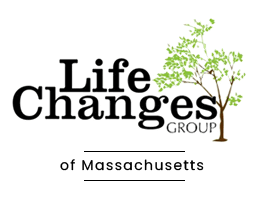Autism Spectrum Disorders
Hearing the words “autism” or “autism spectrum” can be a scary experience for parents. You are likely here because someone close to your child, such as a pediatrician or a teacher, has mentioned these words to you. Perhaps you have had concerns about your child’s development, learning style, and social world. Whatever your experience, by investigating this website you are taking an important step into determining appropriate diagnosis and treatment for your child. Throughout this process, it is important to remember that your child is the same child that you raised and have loved since birth.
First of all, what does autism mean? You may also have heard terms such as Asperger’s disorder or Pervasive Developmental Disorder. All of these diagnoses are best described by the term Autism Spectrum Disorder (ASD). Children with an ASD see their world differently from typically developing children.
- They tend to interact with others and their environment in a way that can vary dramatically from their peers. This can cause conflict in the family and can lead to behavioral challenges.
- Some children with Autism Spectrum Disorders have difficulty with acquiring language and later with utilizing speech. Nonverbal communication is often very difficult.
- Most children with Autism Spectrum Disorders will also exhibit a restricted range of interests or other unusual behaviors.
- Other children develop sensory sensitivities in which the experience of a normal volume of speech or amount of light can actually be painful.
- Autism Spectrum Disorders is a spectrum, and children vary in the intensity of certain behaviors and in their general level of functioning.
Correct diagnosis of Autism Spectrum Disorders can inform treatment that is integral to the success and progress of your child. There are many therapies that can help you to manage your child’s behaviors and can help your child to improve in certain areas that he is having difficulty with. Correct diagnosis is also important for academic success and certain recommendations can be made to school systems in order to best service your child.
What does testing for autism consist of? As of now, there is no blood test or one magic test that can diagnosis autism. After speaking with you and meeting your child, we choose a variety of measures that best assess areas of strengths and weaknesses specific to your child. All measures are standardized and empirically-validated. Most assessments are in the form of puzzles and games. With your permission, we speak to teachers, doctors, and anyone else that is integral to your child’s life. After this is completed, the information is compiled into a report and we provide appropriate recommendations for treatment.
Additionally, we will have an hour session to discuss the diagnosis and recommendations. Most children and their families find the evaluation to be informational and even fun!
If you have concerns about your child or loved one, please don’t hesitate to contact Life Changes Group and one of our doctors would be happy to answer your questions.

